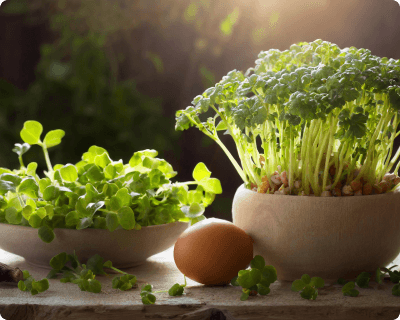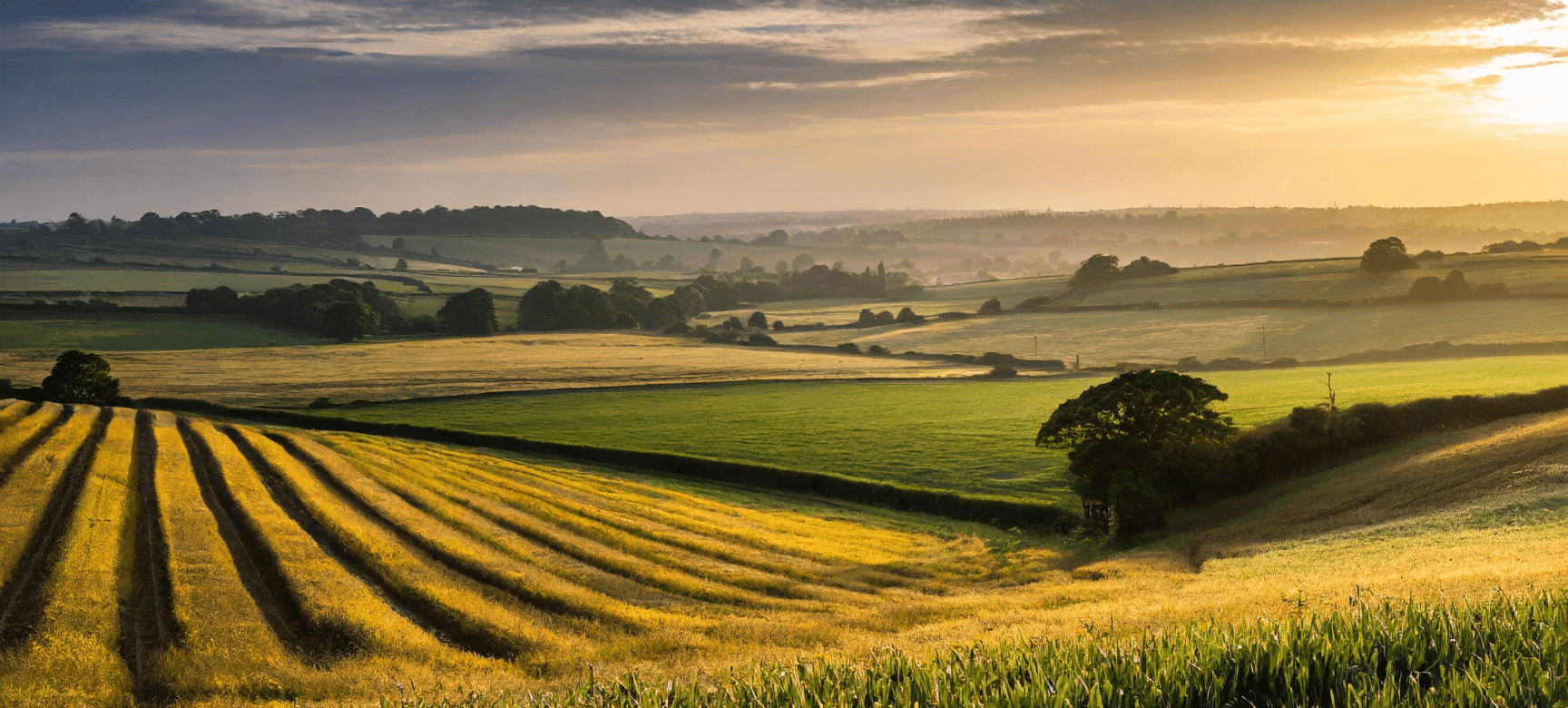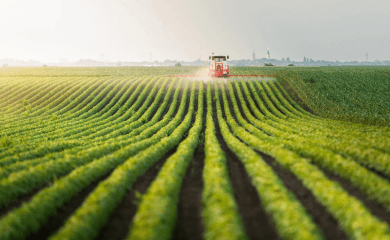Introduction
Organic Farming & Food
Organic farming prohibits the use of chemical fertilizers, pesticides, growth hormones and feed additives of livestock activities.
A combination of organic farming and new technologies is of utmost importance to reduce the limitations and challenges of organic farming.
The innovative methods and new approaches making new trends toward sustainability farming system and enhances the agricultural productivity, and quality of life of many farmers in an environmentally friendly way. In other words, organic farming mirrors the sustainability concepts of Global Agriculture.

Certified organic farms are inspected on an annual basis to legally verify farmers meet these high standards. So organic is a great way to connect citizens and farmers who are using agroecological methods and support the growth of agroecology.
How can I support agroecology?
The easiest way you can support agroecological farming is to engage with your local farmers and growers. Learn about their farming practices, join a local veg box scheme or buy organic.
Organic food is clearly labelled and provides a guarantee that your products have been produced to some of the highest environmental standards.
However, to achieve an agroecological future, everybody – farmers, caterers, shops and citizens – needs to support a new way of thinking about food, farming and the environment.

With the support of the organic community, we continuously make the case for agroecology in Government, so policymakers understand the opportunities it offers for climate, nature and our health. We’re lobbying for more support, empowerment and advice for farmers, so they are able to explore how they can transition to agroecology.






